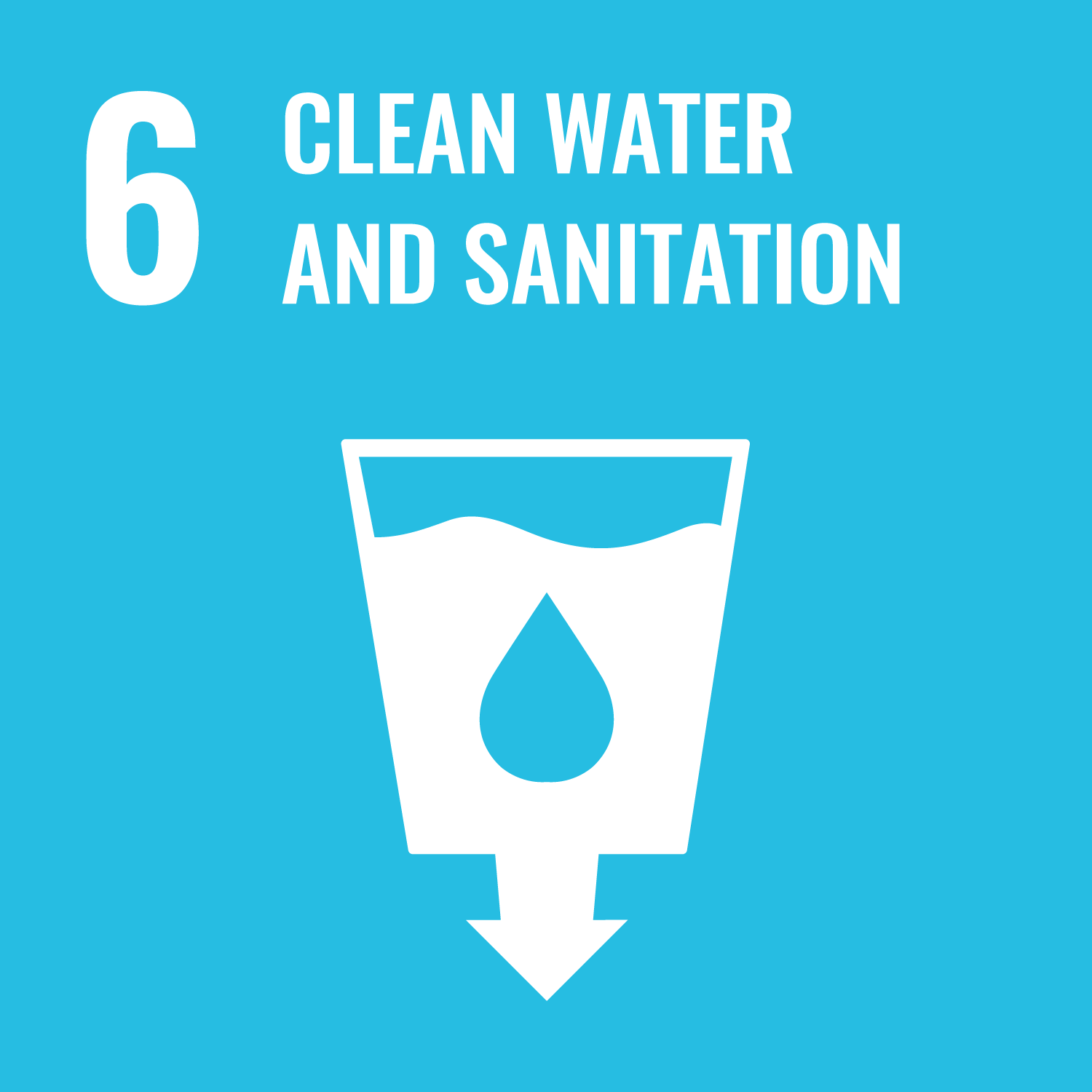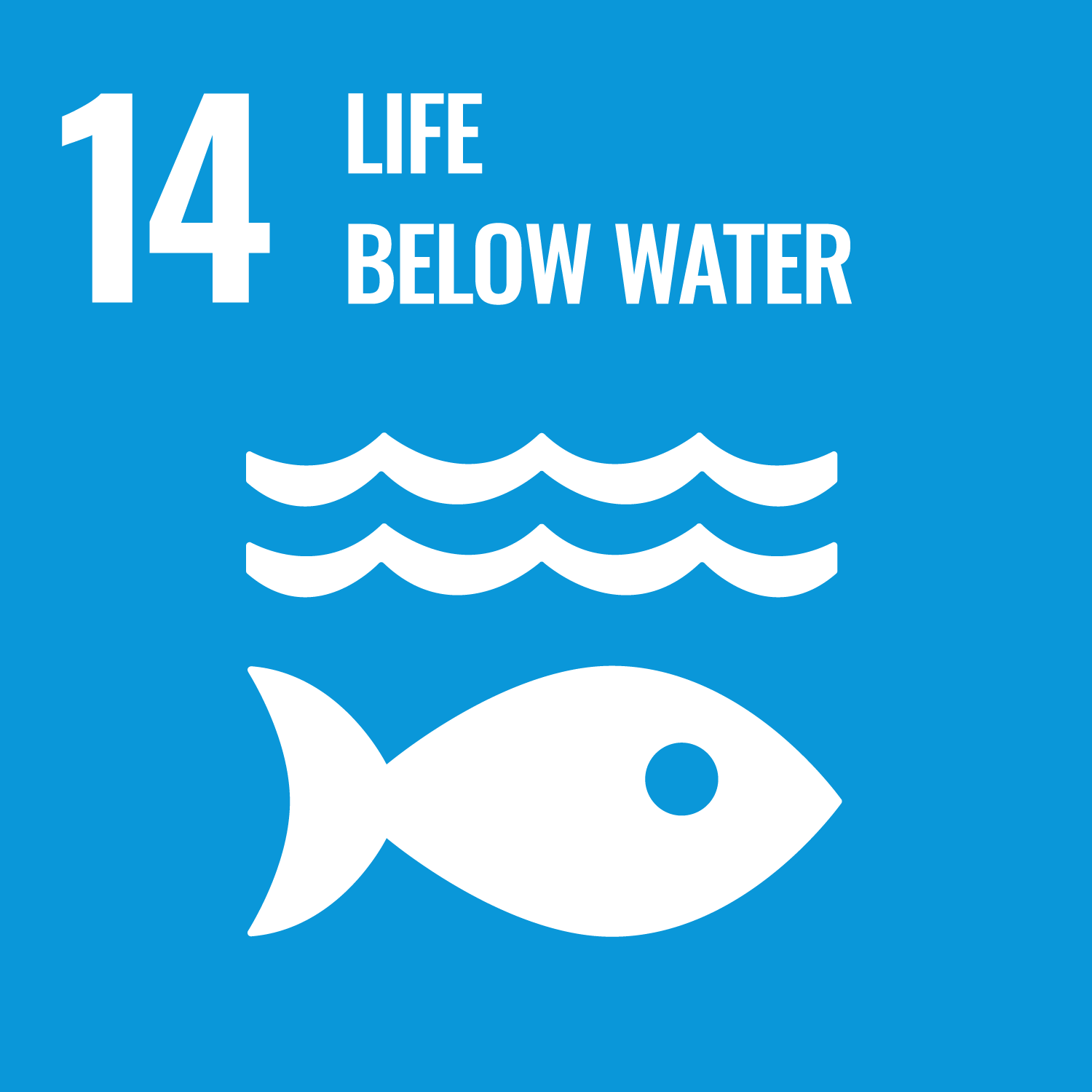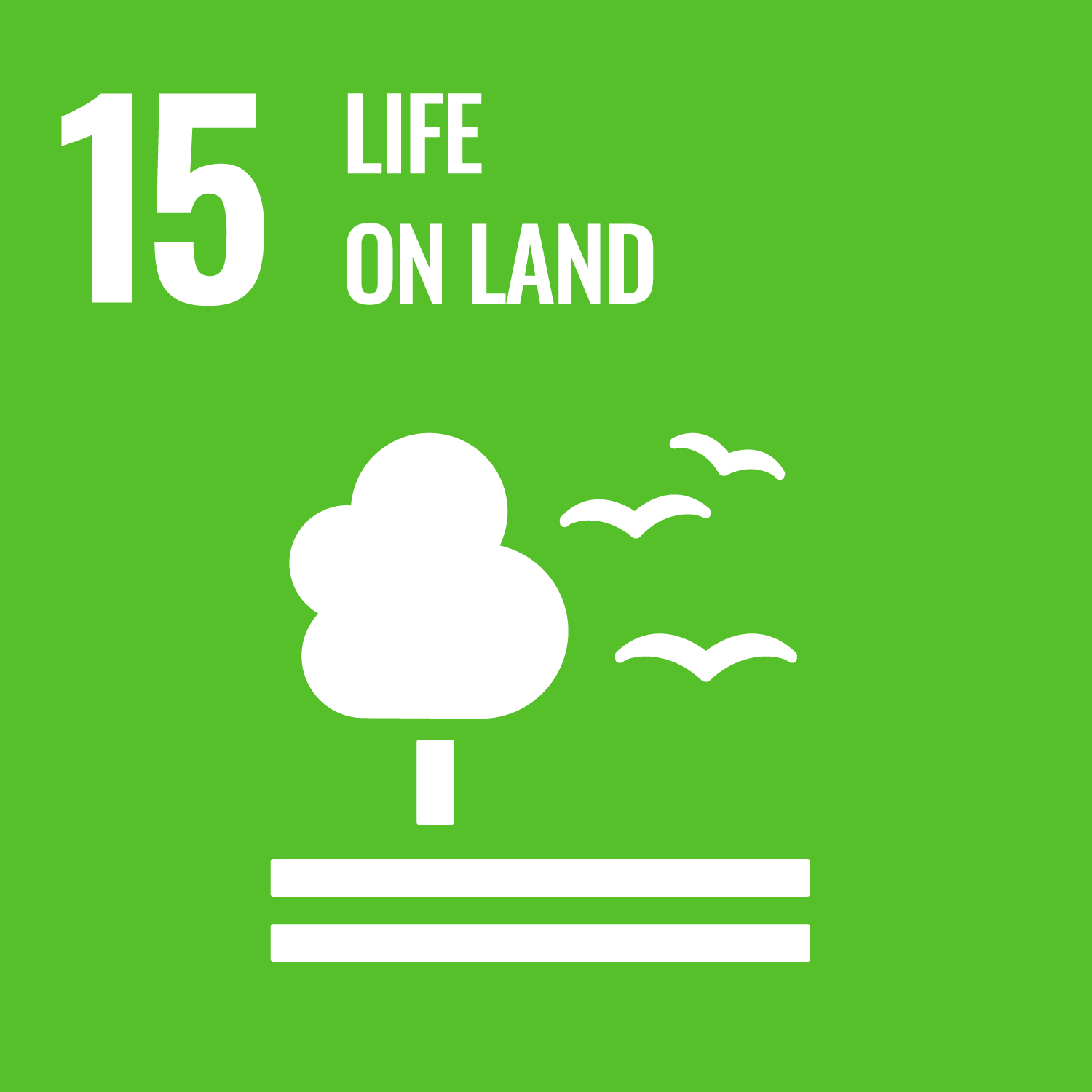Various organic reagents are used for the purpose of selective detection and separation of ions and molecules. The analytical
reagents and analysis methods utilizing these analytical reagents are discussed in this course. Analysis methods utilizing
biphasic interfaces (solid-liquid interface) are also discussed.
Along with flow injection analysis and capillary electrophoresis, μ-TAS which is intimately related to these methods and is being actively researched in recent years will also be discussed.
Along with flow injection analysis and capillary electrophoresis, μ-TAS which is intimately related to these methods and is being actively researched in recent years will also be discussed.
Understanding of principle, advantage, defect of insturumental analysis methods, such as Potentiometry, Flow Injection Analysis,
Immunoassay, Capillary electrophoresis, μ-TAS(Miniaturized Total Analysis System) and Solvent and Solid-Phase Extraction.
- Students can understand principles of instrumental analysis methods, such as Potentiometry, Flow Injection Analysis, Immunoassay, Capillary electrophoresis, μ-TAS(Miniaturized Total Analysis System) and Solvent and Solid-Phase Extraction.
- Students can understand advantages of instrumental analysis methods, such as Potentiometry, Flow Injection Analysis, Immunoassay, Capillary electrophoresis, μ-TAS(Miniaturized Total Analysis System) and Solvent and Solid-Phase Extraction.
- Students can understand defects of instrumental analysis methods, such as Potentiometry, Flow Injection Analysis, Immunoassay, Capillary electrophoresis, μ-TAS(Miniaturized Total Analysis System) and Solvent and Solid-Phase Extraction.
| Report | presentation | Total. | |
|---|---|---|---|
| 1. | 35% | 5% | 40% |
| 2. | 35% | 5% | 40% |
| 3. | 10% | 10% | 20% |
| Total. | 80% | 20% | - |
| Class schedule | HW assignments (Including preparation and review of the class.) | Amount of Time Required | |
|---|---|---|---|
| 1. | Solvent extraction and solid-phase extraction (1) | review of text book | 200minutes |
| 2. | Solvent extraction and solid-phase extraction (2) | review of text book | 200minutes |
| 3. | Host-guest chemistry and its analytical applications (1) | review of text book | 200minutes |
| 4. | Host-guest chemistry and its analytical applications (2) | review of text book | 200minutes |
| 5. | Analytical methods using enzyme and antibody (1) | review of text book | 200minutes |
| 6. | Analytical methods using enzyme and antibody (2) | review of text book | 200minutes |
| 7. | Flow injection analysis (1) | review of text book | 200minutes |
| 8. | Flow injection analysis (2) | review of text book | 200minutes |
| 9. | Flow injection analysis (3) | review of text book | 200minutes |
| 10. | Capillary electrophoresis (1) | review of text book | 200minutes |
| 11. | Capillary electrophoresis (2) | review of text book | 200minutes |
| 12. | Capillary electrophoresis (3) | review of text book | 200minutes |
| 13. | Potentiometry and ion-selective electrode (1) | review of text book | 200minutes |
| 14. | Potentiometry and ion-selective electrode (2) | review of text book | 200minutes |
| Total. | - | - | 2800minutes |
With reports which include the topics of "goals and the objectives" (80%) (written as instructed in the last class), presentations
which include the topics of "goals and the objectives"during classes (20%), for a total possible score of 100, a total score
of 60 or above will be required for a passing grade. As well, credits for this course will not be awarded if a student fails
to attend more than 4 classes.
| ways of feedback | specific contents about "Other" |
|---|---|
| Feedback in outside of the class (ScombZ, mail, etc.) |
Textbooks are prepared for graduate students.
References:Analytical Chemistry 6th Ed./G. D. Christian/Wiley, Analytical Chemistry/R. Kellner ed. / Wiley-VCH, Textbooks of analytical chemistry, physical Chemistry and electrochemistry used in an undergraduate course.
References:Analytical Chemistry 6th Ed./G. D. Christian/Wiley, Analytical Chemistry/R. Kellner ed. / Wiley-VCH, Textbooks of analytical chemistry, physical Chemistry and electrochemistry used in an undergraduate course.
- Course that cultivates an ability for utilizing knowledge
- Course that cultivates a basic self-management skills
| Work experience | Work experience and relevance to the course content if applicable |
|---|---|
| N/A | N/A |





- 6.CLEAN WATER AND SANITATION
- 9.INDUSTRY, INNOVATION AND INFRASTRUCTURE
- 12.RESPONSIBLE CONSUMPTION & PRODUCTION
- 14.LIFE BELOW WATER
- 15.LIFE ON LAND
Last modified : Sat Feb 17 04:04:51 JST 2024

